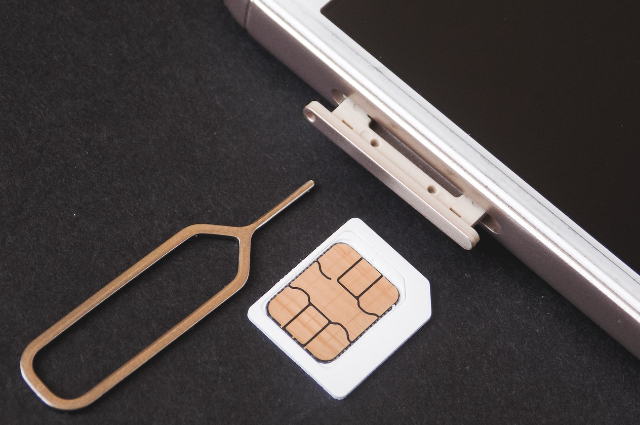
Image by Tomek from Pixabay
Recently, the Telecom Regulatory Authority of India (TRAI) has released recommendations on 'Usage of Embedded SIM for Machine to Machine (M2M) Communications.
By definition, M2M eSIM has been designed for IoT sensors, meters, trackers and devices that can often operate without minimal onspot human intervention.
This decision didn't come all of a sudden. The TRAI had issued a Consultation Paper on 'Embedded SIM for M2M Communications' on July 25, 2022 and had opened it for comments and discussions from the different stakeholders. An open house discussion on the consultation paper was held in December 2022 through virtual mode. Based on all the inputs received from multiple stakeholders and extensive analysis and deliberations, the TRAI eventually finalized all its recommendations.
With the coming of 5G technology in the country, opportunities for M2M ecosystem have expanded considerably offering diverse scope for application in various sectors such as agriculture, industry and transport services. These recommendations are streamlined with the regulatory landscape of M2M embedded SIM (eSIM) in India.
The Authority has laid emphasis on ensuring security by way of proper 'Know Your Customer' (KYC), which is essential for ensuring network security, reducing risks and enhancing the overall integrity of the M2M eSIM ecosystem. The Authority also extends benefits such as the profile swapping of eSIMs and swapping of SM-SR, thereby, providing flexibility to the M2M eSIM users and that shall promote healthy competition in this sector.
As a conscious effort of the Authority and it's recommendations, the government shall promote chained growth in the M2M eSIM segment of the telecom sector and shall help in the development of an indigenous M2M eSIM ecosystem enabling the growth of this technology.
Aiming to achieve improvements in security and efficiency within M2M networks across various sectors. TRAI has also proposed a framework for Subscription Manager-Secure Routing (SM-SR). The framework aims to facilitate greater operational flexibility for M2M eSIM users and promote a competitive landscape within the sector.
The recommendations put forward by government aim to boost the growth and development of India thereby developing a conducive environment for domestic players.
One of the prominent features of these recommendations is the mandatory requirement for the conversion of all communication profiles on M2M eSIMs in imported devices during international roaming in India to profiles of Indian telecom service providers within six months of activation.
Also, specific license holders, including Unified Access Service License Holders, Unified License Holders and M2M service providers with SM-SR management permissions are granted the authority to oej and manage Subscription Manager-Secure Routing (SM-SR) facilities within the country.
One of the critical aspects of standardization, enduring compatibility between eSIMs and different network operator platforms to enable seamless operation across the M2M ecosystem.
Similarly, M2M service providers and businesses may require enhanced technical expertise to effectively manage eSIM profiles and fully utilise the capabilities of technology. Strong cybersecurity measures are also crucial to protect eSIM-enabled M2M networks from cyber threats and unauthorised entry.
Emphasizing innovation, security and the development of a robust eSIM ecosystem, these recommendations lay across the foundation for a stronger future.
. . .
References:
- theprint.in
- blitzindiamedia.com
- https://pib.gov.in
- trai.gov.in
